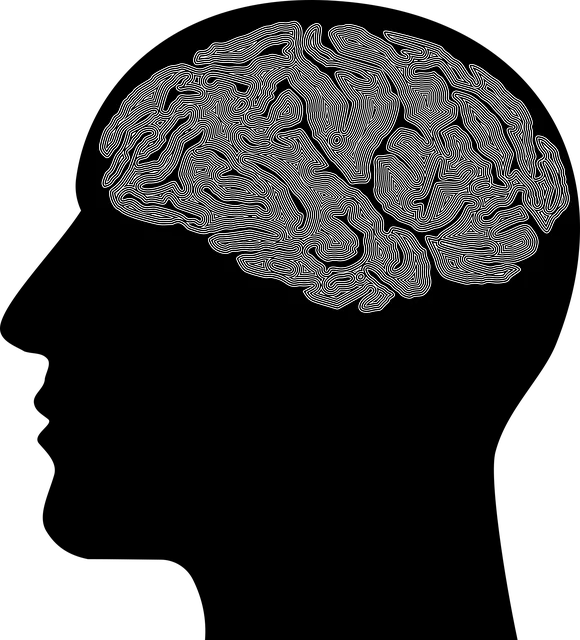Northglenn Kaiser prioritizes risk management in mental health practice through comprehensive training, evidence-based strategies, and continuous improvement. Their specialized classes equip practitioners with tools for proactive risk assessment, crisis intervention, and stress mitigation, enhancing both client outcomes and practitioner satisfaction. By fostering a supportive environment and staying updated on the latest research, Northglenn Kaiser ensures their professionals are equipped to navigate challenges competently.
Mental health professionals are on the front line of emotional well-being, but they face unique risks. This article explores a structured approach to risk management planning at Northglenn Kaiser, specifically tailored for mental health practitioners. We delve into identifying potential hazards, developing robust strategies, implementing staff training, and continuously monitoring and adapting plans. By adopting these practices, Northglenn Kaiser mental health classes enhance safety and foster healthier communities.
- Understanding Risk in Mental Health Practice: Identifying Potential Hazards at Northglenn Kaiser
- Developing a Comprehensive Risk Management Plan: Strategies for Mental Health Professionals
- Implementation and Training: Equipping Staff for Effective Risk Mitigation at Kaiser Northglenn
- Monitoring, Review, and Adaptation: Ensuring Continuous Improvement in Risk Management for Mental Health Services
Understanding Risk in Mental Health Practice: Identifying Potential Hazards at Northglenn Kaiser

At Northglenn Kaiser, understanding risk in mental health practice is paramount. This involves a thorough identification and assessment of potential hazards that could impact both clients’ mental wellness and practitioners’ well-being. Mental health professionals at Northglenn Kaiser are trained to recognize various risks, from individual client factors such as past trauma or suicidal ideation, to institutional risks like heavy caseloads and limited resources. These comprehensive mental health classes equip practitioners with strategies to mitigate risks effectively.
The environment at a place like Northglenn Kaiser can present unique challenges. High-stress situations, complex client needs, and demanding work schedules are common factors that contribute to burnout prevention issues. Mental Health Policy Analysis and Advocacy plays a crucial role in addressing these concerns by fostering an environment that prioritizes safety, support, and sustainable practices. By implementing evidence-based strategies and staying updated with the latest research in mental health policy, Northglenn Kaiser ensures its professionals can navigate risks competently, enhancing both client outcomes and practitioner satisfaction.
Developing a Comprehensive Risk Management Plan: Strategies for Mental Health Professionals

Developing a comprehensive risk management plan is an essential step for mental health professionals to safeguard their well-being and effectively serve their clients. This process involves identifying potential risks, creating mitigation strategies, and establishing clear protocols for handling crises. At Northglenn Kaiser Mental Health Classes, we emphasize the importance of proactive risk assessment, encouraging practitioners to regularly evaluate their work environment, client demographics, and personal stressors. By doing so, they can anticipate challenges and implement tailored solutions.
A robust risk management plan may incorporate various strategies, such as integrating Stress Reduction Methods into daily practices to enhance resilience, participating in Community Outreach Program Implementation to expand support networks, and utilizing evidence-based interventions. These proactive measures not only foster a healthier professional ecosystem but also improve client outcomes by ensuring mental health professionals can navigate potential risks with confidence and adaptability.
Implementation and Training: Equipping Staff for Effective Risk Mitigation at Kaiser Northglenn

At Kaiser Northglenn, risk management planning for mental health professionals is a holistic process that begins with comprehensive training and implementation. The hospital offers specialized classes focused on both mental wellness journaling exercises and emotional well-being promotion techniques, empowering staff to recognize and mitigate risks proactively. These classes are designed to provide practical crisis intervention guidance, ensuring every team member is equipped to handle sensitive situations effectively. By fostering a culture of continuous learning, Kaiser Northglenn aims to enhance the overall safety and resilience within its mental health services, reflecting a genuine commitment to patient care and staff empowerment.
Monitoring, Review, and Adaptation: Ensuring Continuous Improvement in Risk Management for Mental Health Services

In the dynamic field of mental health services, continuous improvement is paramount. Monitoring plays a crucial role in identifying potential risks and vulnerabilities within the therapeutic environment. By regularly assessing patient outcomes, treatment effectiveness, and staff performance, mental health professionals can uncover areas needing attention. This data-driven approach allows for informed decision-making and the implementation of targeted interventions.
Regular review processes are essential to adapt risk management strategies based on evolving circumstances and emerging research. At Northglenn Kaiser mental health classes, instructors emphasize Mind Over Matter Principles, encouraging practitioners to reflect on their practices through self-assessment and peer collaboration. Incorporating Emotional Intelligence and Mental Wellness Journaling Exercise Guidance can further enhance this process, fostering a culture of continuous learning and adaptation that ultimately benefits the clients’ emotional well-being.
Mental health professionals at Northglenn Kaiser can significantly enhance patient care and staff safety by adopting a proactive approach to risk management. By identifying potential hazards, developing tailored strategies, and continuously monitoring their impact, they can create a secure environment. The implementation of comprehensive risk management plans, coupled with regular training and adaptation, ensures that Northglenn Kaiser mental health classes remain effective in addressing emerging challenges. This systematic approach not only fosters a healthier workplace but also strengthens the overall quality of mental health services provided to patients.




